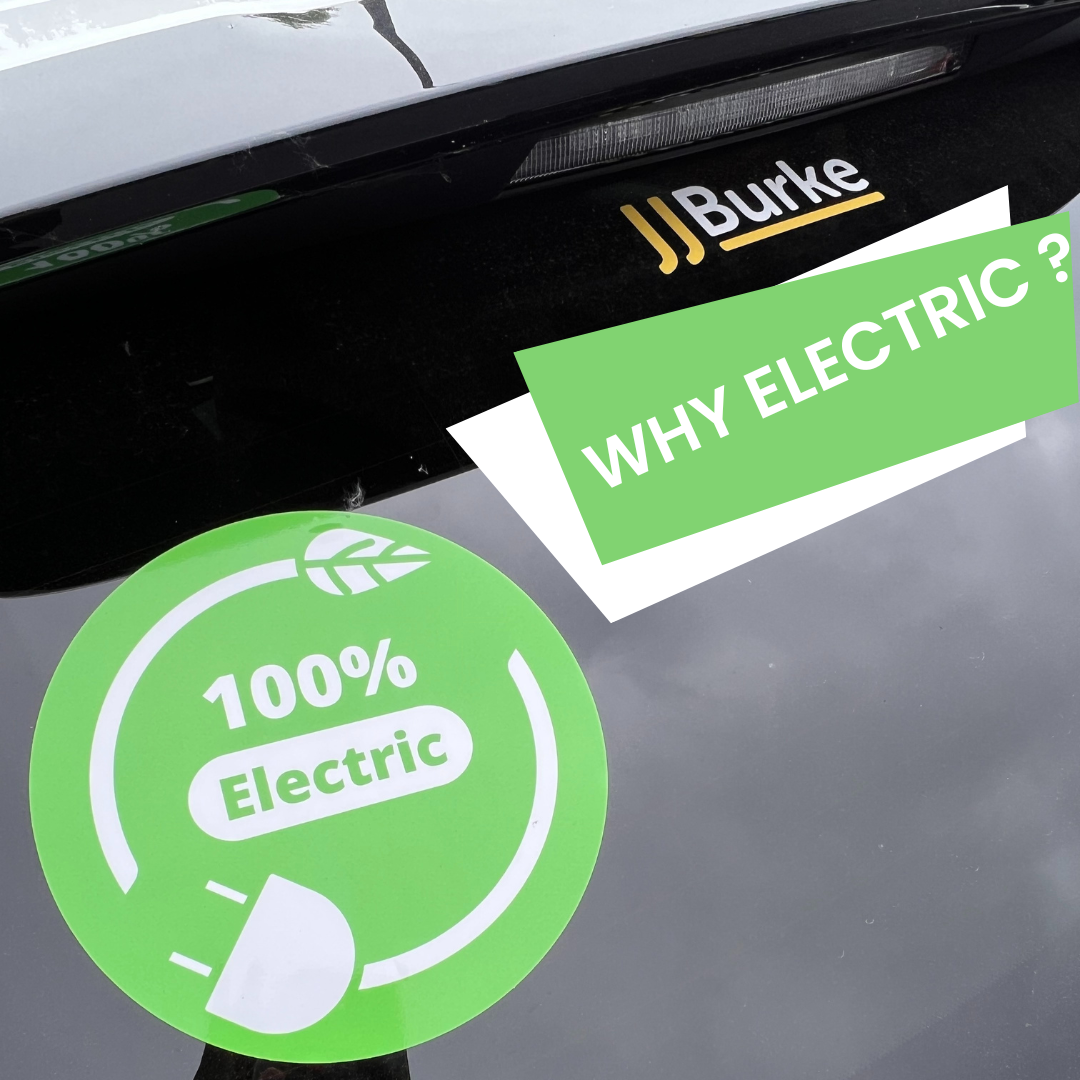
In 2023, Ireland's commitment to sustainability and reducing carbon emissions has made it an ideal market for electric cars. As consumers seek greener alternatives, the advantages of electric vehicles (EVs) in the Irish market have become increasingly compelling. In this article, we will explore why consumers in Ireland should consider transitioning to electric cars, focusing on the environmental benefits, economic advantages, cost-saving potentials associated with their use and dispel misconceptions surrounding EV technology.
Environmental Advantages
Ireland's ambitious goal of achieving net-zero carbon emissions by 2050 makes electric cars a crucial part of the solution. By driving an electric car, Irish consumers contribute to reducing air pollution and combating climate change. EVs produce zero tailpipe emissions, offering a cleaner and greener alternative to ICE vehicles. As Ireland continues to invest in renewable energy sources, the environmental advantages of electric cars will only grow.
By choosing electric cars, consumers can potentially save a substantial amount on their monthly fuel expenses. Home chargers provide convenience, allowing EV owners to replenish their vehicle's battery at their own residence, eliminating the need for frequent visits to public charging stations. Integrating solar panels and wind turbines into the charging infrastructure further enhances efficiency and sustainability. By harnessing renewable energy sources, EV owners can tap into clean and green power, reducing dependence on fossil fuels and minimizing carbon footprints. This holistic approach not only offers cost savings over time but also promotes a greener future, where vehicles are charged using renewable energy generated right at home.
Government Grants and Incentives: The Irish government provides generous grants and incentives to encourage the adoption of electric vehicles. The Electric Vehicle Grant Scheme offers a financial contribution towards the purchase of an electric car. Additionally, there are tax incentives, such as lower road tax rates and exemptions, making electric cars even more affordable for Irish consumers.
Cost Savings
Lower Maintenance Costs: Electric cars have fewer moving parts compared to internal combustion engine vehicles. This simplicity translates to lower maintenance costs over time. Electric cars do not require oil changes and have fewer components prone to wear and tear. With reduced maintenance expenses, Irish consumers can enjoy significant savings, making electric cars a cost-effective choice.
Charging Infrastructure: Ireland is rapidly expanding its electric vehicle charging infrastructure. The government's investment in charging stations across the country ensures convenient access to charging points for electric car owners. This network makes charging easy and eliminates concerns about range anxiety, further enhancing the cost-saving potential for Irish consumers.
Government Support and Incentives
The Irish government's commitment to sustainable transportation is evident through various initiatives. Apart from grants and tax incentives, there are plans to expand the public charging network, promote workplace charging schemes, and provide support for residential charging infrastructure. By choosing electric cars, Irish consumers align with the country's vision and can fully leverage these government-supported benefits.
Dispelling Misconceptions Surrounding Electric Vehicle Technology
Electric Vehicles (EVs) have gained significant traction as sustainable transportation alternatives, yet misconceptions persist, hindering their widespread adoption. Firstly, the notion that EVs lack range is outdated. Technological advancements have extended their mileage capabilities, enabling long-distance travel.
Secondly, concerns about limited charging infrastructure are misplaced. Governments and private entities are investing heavily in expanding charging networks, making it increasingly convenient to recharge EVs. Charging electrical vehicles (EVs) is a straight forward process that offers several key advantages.
EVs can be charged at home using a standard electrical outlet or a dedicated home charging station. Public charging stations are increasingly available, providing convenient options for longer trips. Fast-charging stations can recharge many EVs to 80% capacity in only 30 minutes. Additionally advancements in wireless charging technology are underway, further simplifying the charging experience and promoting EV adoption.
Thirdly, some believe that EVs contribute to environmental issues due to battery production and disposal. However, battery recycling initiatives and advancements in clean energy generation are addressing these concerns. It is essential to dispel these misconceptions and recognize EVs' potential to revolutionize the transportation sector while reducing carbon emissions and promoting a sustainable future.
Conclusion
In 2023, the advantages of using electric cars in the Irish market are abundant. Consumers in Ireland have a unique opportunity to contribute to a sustainable future while enjoying numerous economic benefits. Electric cars offer lower operating costs, government grants, reduced maintenance expenses, and convenient access to charging infrastructure. By embracing electric vehicles, Irish consumers can make a positive impact on the environment and their own finances. It's time to drive towards a sustainable future in Ireland by choosing electric cars in 2023.